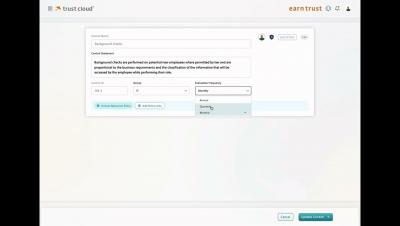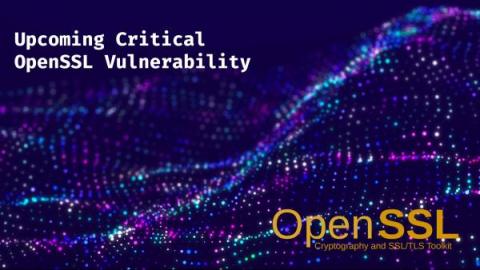Security | Threat Detection | Cyberattacks | DevSecOps | Compliance
Security
Add Your Brand Identity to Your TrustShare
TrustShare
More Online Privacy Horror Stories: 7 Disturbing Hacks and Breaches That Happened In 2022
How Banks Around the World Can Prevent Cyber Attacks
As both consumer and commercial banking clients shift to primarily utilize online banking, they still have high expectations that their financial assets will be secure. In 2021, the banking industry reported 703 cyberattack attempts per week — a 53% increase from 2020. And the cost of cyberattacks in the industry has reached $18.3 million annually per breach.
Differences Between Cloud-Based and On-Prem Password Managers
The adoption of cloud software in organizations continues to grow. In 2020, the combined end-user spending on cloud services totaled $270 billion, according to Gartner. By 2022, projections indicate that this total will rise to a staggering $397.5 billion. In fact, according to Arcserve, there will be over 100 zettabytes of data stored in the cloud by 2025. To give you some perspective, a zettabyte is equivalent to a billion terabytes. But are cloud services superior to an on-premises solution?
Discovering the Critical OpenSSL Vulnerability with the CrowdStrike Falcon Platform
OpenSSL.org has announced that an updated version of its OpenSSL software package (version 3.0.7) will be released on November 1, 2022. This update contains a fix for a yet-to-be-disclosed security issue with a severity rating of “critical” that affects OpenSSL versions above 3.0.0 and below the patched version of 3.0.7, as well as applications with an affected OpenSSL library embedded.
How to Speak Fluent Board
You and your board have the same goal: to drive your organization in the right direction. That makes everything easy, right? Well, not always. Whereas the problem used to be an overall lack of security awareness, boards now are very much aware of the business risk less-than-robust cybersecurity poses. Today, it’s all about communicating effectively and fluently, especially when introducing cybersecurity solutions.
Upcoming Critical OpenSSL Vulnerability
Why fuzzing tools should be part of your security toolkit
Fuzzing is a software security testing technique that automatically provides invalid and random input to an application to expose bugs. The goal of fuzzing is to stress the application to cause unexpected behavior, crashes, or resource leaks. It allows us, as developers, to understand the behavior and vulnerability of applications more comprehensively. We use fuzzing tools, referred to as fuzzers, to perform this kind of testing.











